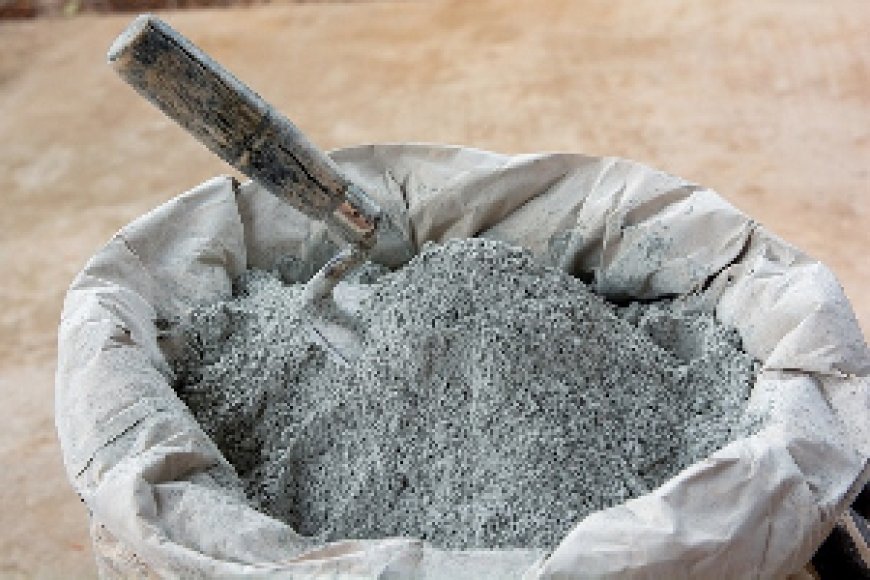Price controls on cement – An analysis
The battle over cement pricing in Ghana continues as the Chamber of Cement Manufacturers (COCMAG) pushes back against proposed government regulation. Frédéric Albrecht, the chair of the association, argues that the local currency exchange rate is the main driver of production costs, not pricing. The government's proposed regulations have sparked controversy, with concerns over negative impacts on the construction sector. The government's attempts to regulate the cement industry come in the midst of an economic crisis, with currency depreciation and high inflation. The situation highlights the challenges of balancing consumer protection and industry sustainability in a volatile market.

A battle over cement pricing in Ghana reached a new stage this week when the Chamber of Cement Manufacturers (COCMAG) hit back at proposed government regulation. Frédéric Albrecht, the chair of the association, told a meeting that about 80% of local production costs linked to cement manufacture are related to the local currency exchange rate. So fixing the price would do little to address the main cause behind rises.
Albrecht was speaking at a stakeholders’ forum organised by the Ghana Chamber of Construction. The group was convened to discuss the government’s proposed Ghana Standards Authority (Pricing of Cement) Regulations 2024 that were formally presented in the country’s parliament in early July 2024.
The association argues that the cement sector has not been consulted properly over the proposal and that introducing it could have negative consequences for the construction sector as a whole. It says that imported clinker is subject to numerous taxes and that the average price of cement has actually lagged behind the rate of inflation.
The government is dealing with an economic crisis that forced it to default on its external debts in 2022 and ask the International Monetary Fund for support. This has led to depreciation of the local currency and high inflation.
Around the same time the authorities have also been attempting to regulate the cement sector more closely. In 2022 the Ghana Standards Authority (GSA) took action against a brand of cement, Empire Cement, that appeared to be on sale without any of the required permits.
Then in the autumn of 2023 the Ghana Revenue Authority (GRA) shut down Wan Heng Ghana’s grinding plant in Tema after the company failed to pay a major tax bill. Action by the GSA followed when it shut down three more plants in the Ashanti Region – Xin An Safe Cement Ghana, Kumasi Cement Ghana and Unicem Cement Ghana – for using inferior materials in cement production.
In April 2024 a nine-member committee was established to monitor and coordinate the local cement industry. Notably, cement producers have been required to register with the committee in order to secure a licence to manufacture cement.
, the Trade and Indus¬try Minister, then said in late June 2024 that the government wanted to intervene in cement pricing to protect consumers from what he described as the ‘haphazard’ increment in cement prices by manufacturers.
, the Trade and Indus¬try Minister, then said in late June 2024 that the government wanted to intervene in cement pricing to protect consumers from what he described as the ‘haphazard’ increment in cement prices by manufacturers. A legislative instrument doing just that was presented in parliament on 2 July 2024. Around the same time the GSA reportedly threatened to close down ‘several’ more cement plants for non-compliance.
The cement industry in Ghana is particularly vulnerable to currency exchange effects as it is dominated by grinding plants. One integrated cement plant, Savanna Diamond Cement, was launched in the north of the country in the mid 2010s.
What's Your Reaction?





































